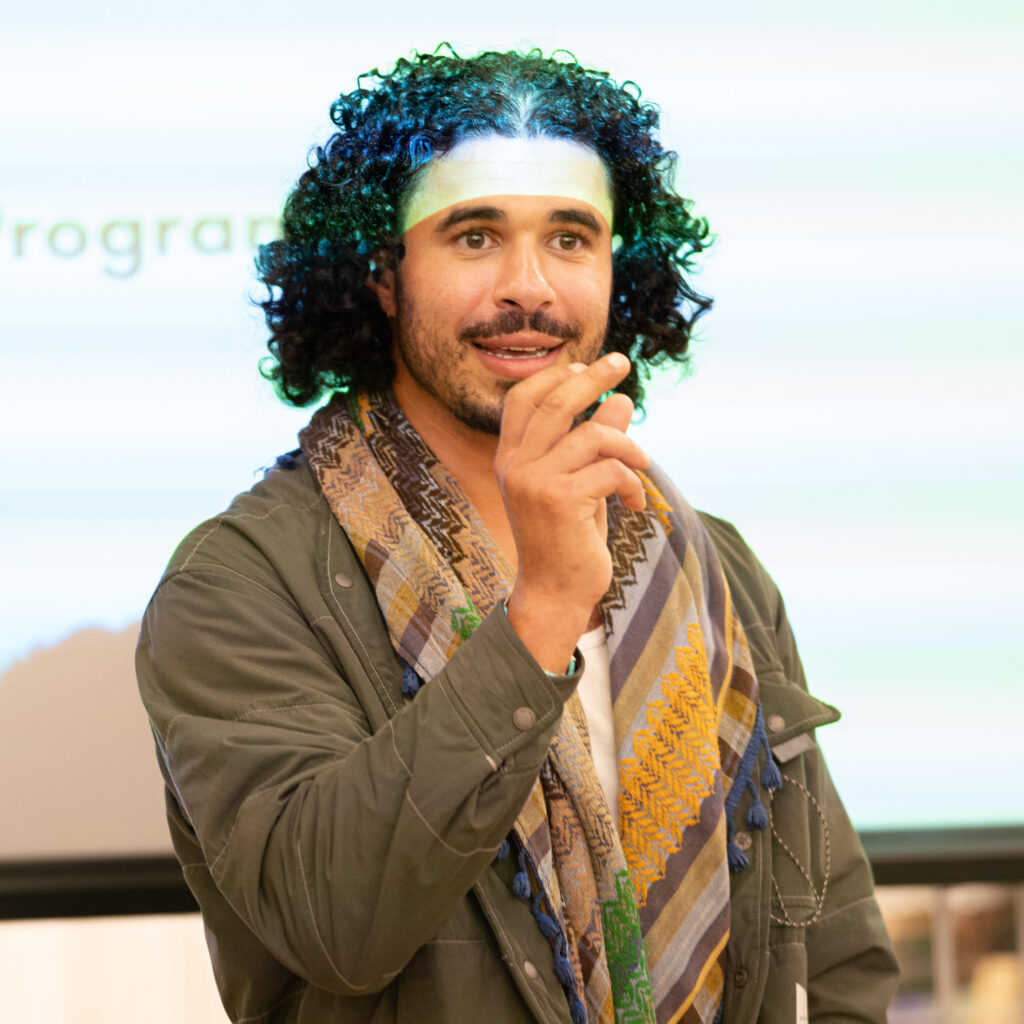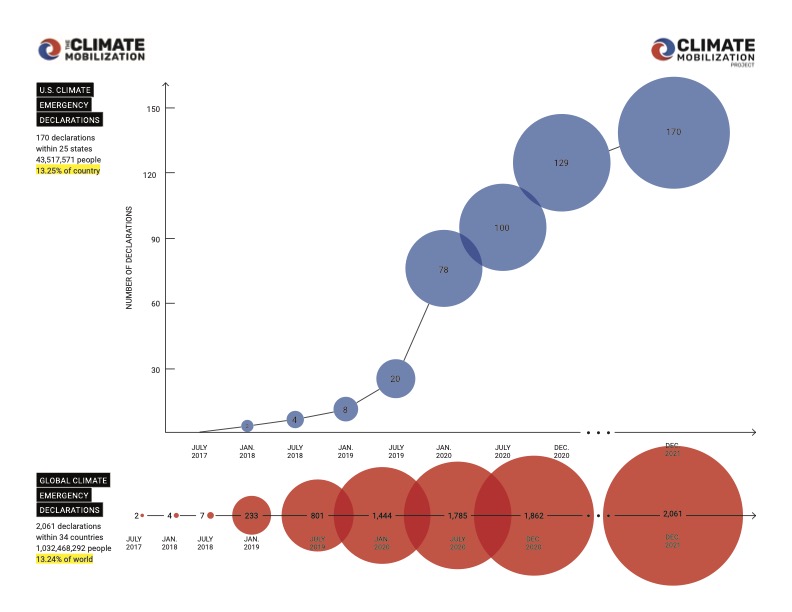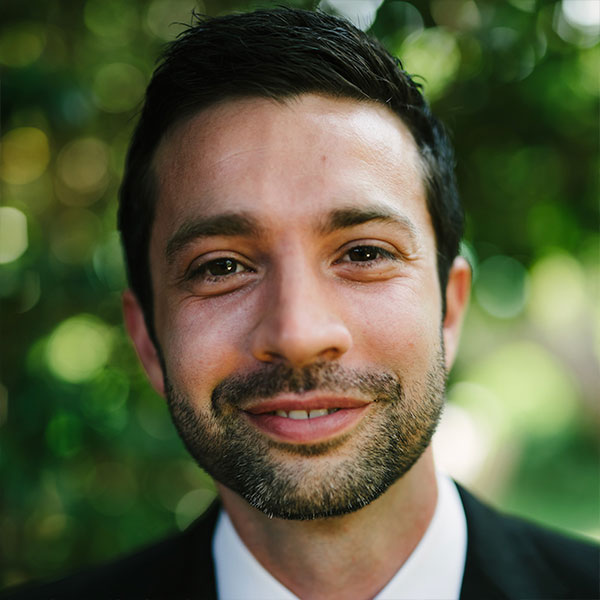Climate Emergency Movement
The movement to address the climate emergency at the scale and speed required is growing. TCM, along with over 650 allied organizations, has sent a letter to key Democrats in Congress demanding a Renewable Energy Standard to achieve 100% renewable energy by 2030 be included in the infrastructure package that is currently in the works. Please retweet and repost to help increase the pressure to achieve this key goal.
Big news out of Hawaii: After diligent work from nearly 40 organizations that make up the Hawaii Climate & Environmental Coalition, the Hawaii legislature has passed Senate Resolution SCR44, declaring a climate emergency in the state on April 29, 2021, paving the way for more comprehensive, urgent climate action at the state level. This resolution is the first state-level declaration of climate emergency in the United States. As the only U.S. state surrounded by the rising sea, this move sends a message about the severity of the climate emergency and the need to act to meet the scale of the crisis.
This declaration brings the total number of climate emergency declarations in the U.S. to 146 within 24 states. 12.49% of United States citizens now live in a town, city or state that has declared a climate emergency.
These shifts are happening because awareness of the reality of the climate emergency is finally reaching a tipping point. A new Harvard CAPS-Harris Poll found that 52% of those surveyed believe “we are under a climate emergency.” Among those polled, a higher number of Democrats and non-white respondants agreed with the climate emergency frame.
On the policy front, local climate action continues to demonstrate a key pathway for making progress toward Climate Mobilization. After declaring a climate emergency in November of 2019, the City Council in Ann Arbor, Michigan officially adopted their $1 billion A2Zero climate action plan last month, with a 2030 deadline for net-zero emissions. This is a massive commitment from a city of roughly 120,000 people and comes after dedicated organizing and collaboration in the city.
Climate Mobilization Network Launch
On May 3, we launched our Climate Mobilization Network, a new space for local climate emergency groups to connect, share their work, and take action together. If you would like to learn more about joining the network, contact Organizing Director Rebecca Harris at rebecca.harris@climatemobilization.org
Action in the Works
The National Climate Emergency Act, introduced in February by Sen. Bernie Sanders, Rep. Earl Blumenauer and Rep. Alexandria Ocasio-Cortez, would give the President additional tools to cut emissions, while creating accountability, oversight and a road map for equitable climate action. The bill is already supported by at least 50 members of Congress, but much more support is needed to pass the bill. You can take action here — Tell Congress to pass the National Climate Emergency Act.
The Democratic congress has seen a slew of climate bills introduced in recent weeks, including the THRIVE Act, which includes an economic recovery package that would put over 15 million people to work across the economy and cut climate pollution in half by 2030. The plan advances gender, environmental, Indigenous, economic, and racial justice, with particular attention to Black and Indigenous communities. While the emission reductions in this act are too slow on their own, this would be a great start. We appreciate and support the effort to create benefits for frontline communities and working Americans as a core focus of this legislation.
In an important move that demonstrates the kinds of bans needed to make real progress, French lawmakers have voted to outlaw short, domestic flights that could be covered by train in less than 2.5 hours.
Impacts and Setbacks
California’s drought is necessitating expanded restrictions across the state as residents brace for the coming wildfire season. Native Communities in the Pacific Northwest are being displaced by rising waters. Recent findings indicate that fossil fuel air pollution is responsible for almost 1 in 5 global deaths each year from factors like heart disease and lung cancer, as well as exacerbated impacts of COVID-19. Finally, melting glaciers caused by global warming are largely responsible for the earth shifting on its axis due to redistribution of water across the globe. Clearly we are in a climate emergency, and desperately need an urgent, whole-economy, whole-society response.
Despite the improvement of political rhetoric and some promising proposals in the works, carbon emissions have increased in 2021 by the second-highest rate in history, as governments fuel a post-COVID recovery with stimulus funds aimed at the fossil fuel-powered economy.
Climate action continues to be challenged across the U.S.: The governor of Louisiana has introduced a bill that would make his state a “fossil fuel sanctuary state,” deepening Louisiana’s history of air pollution in poor and majority black parishes. And all over the country, the GOP has been passing laws that directly attack those brave enough to protest injustice, from barring those who protest from ever holding public office in Indiana, to protecting those who hit protestors with their cars in Oklahoma and Iowa.
Upcoming Events
The Movement for Black Lives is launching the Red, Black & Green New Deal Initiative — a multi-year Black climate campaign to set a national Black Climate Agenda for a sustainable future in defense of Black lives. The Initiative puts Black liberation at the center of the global climate struggle, and addresses the impact of climate change and environmental racism on Black communities. You can join the first National Black Climate Summit on May 11.
Look out for the upcoming release from Climate Mobilization ally and acclaimed author Jeremy Lent. The Web of Meaning proposes a new and coherent story of connectedness that is based in science and interweaves the great insights of wisdom traditions.

















